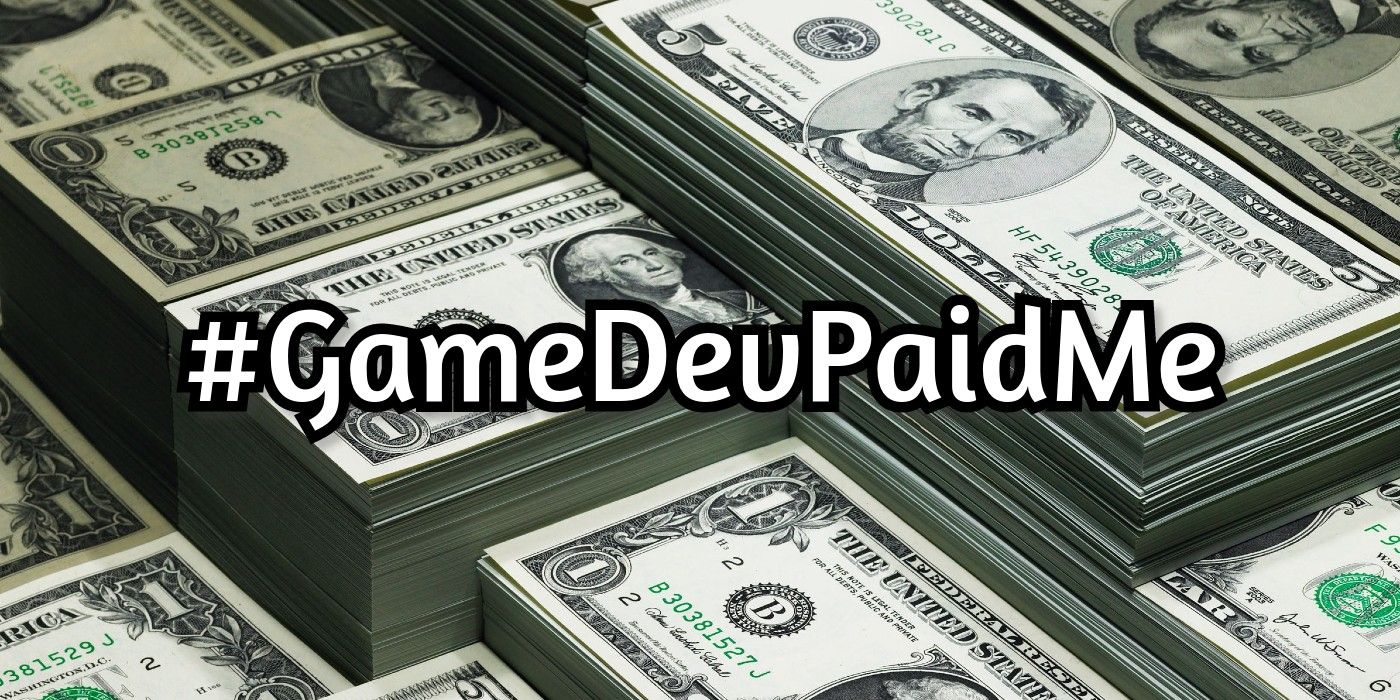Kate Dollarhyde, a narrative designer at Obsidian Entertainment, is seemingly starting a movement in hopes of ending racial and sexual pay discrimination. In a Twitter post, Dollarhyde shares how much she made as a junior narrative designer compared to how much she makes now as a narrative designer, and has inspired others to do the same.
As a general rule, people tend to be very protective about how much they make, but this belief is somewhat old-fashioned at this point, and some are finding it to be rather pointless. In fact, people such as Dollarhyde believe that pay transparency will help people in the video game industry get fair pay around the world.
Dollarhyde shows that as a junior narrative designer, she made $50-54k, whereas she now makes $70k per year. This in and of itself is nothing to write home about, but others in similar positions are now sharing their incomes with each other. The hope is that this will pressure employers to pay game developers fair wages.
The movement uses the hashtag #gamedevpaidme in order to organize itself, and has seen plenty of others take part already. Across the board, people are noticing that game developers, Quality Assurance Testers, and others in similar fields are getting paid disproportionate wages for the level of dedication and education required for these positions, resulting in many wondering whether people expect too much of game developers. Some established developers are even realizing for the first time just how bad the situation is, while others in school for the industry find the whole situation unnerving at best.
This tweet (click to see the full thread) explains in detail how even some of the higher numbers don't necessarily add up to much given the locations that most game development companies are found in. In the US in particular, places such as California tend to have high costs of living. Xavier goes on to explain that even those taking home $80k a year only take home around $59k after income taxes, and that other expenses may even leave these people with as little as $10k a year for groceries and other necessities.
To be clear, this movement is a direct piggyback of the recent #publishingpaidme, and it is a little unclear who actually started it. Of course, that isn't really the point, as the intent is to create fair wages for those that work incredibly hard in the video game industry to provide the entertainment that people love.

